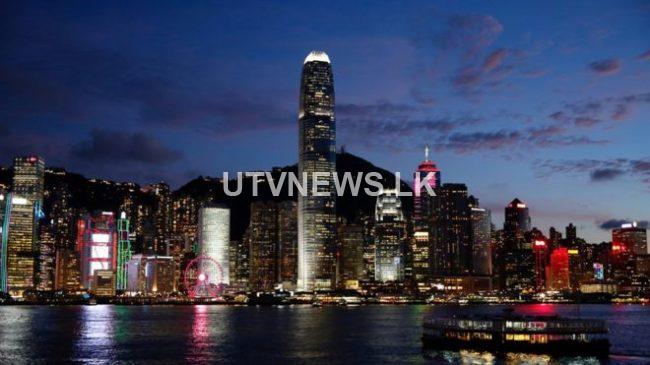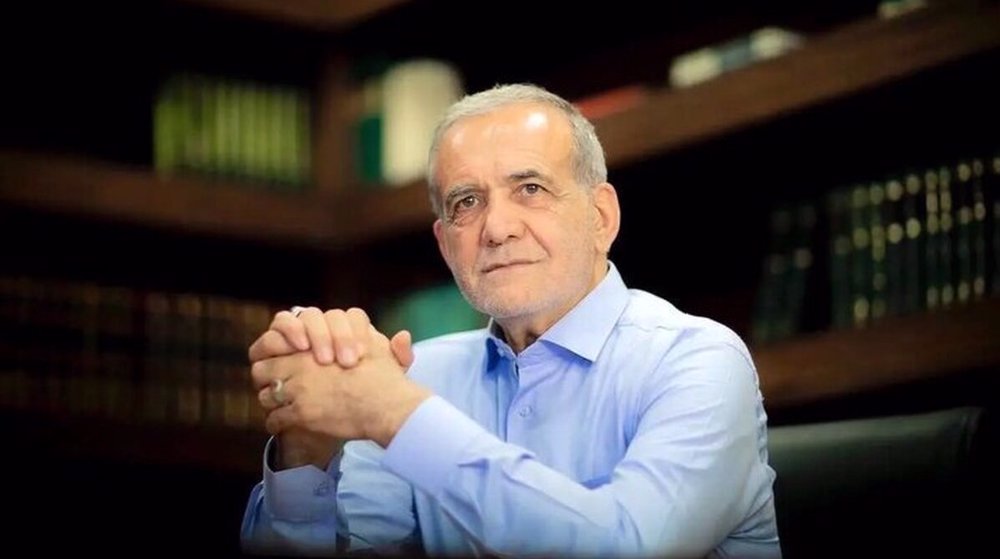UTV | COLOMBO – The New York Times says it will move some of its Hong Kong staff to Seoul as concerns mount over the implications of a severe new security law for the city.
The US news outlet said the law “unsettled news organizations and created uncertainty about the city’s prospects as a hub for journalism”.
Reporters will remain, but the digital editing team will relocate over time.
Global media organisations often face restrictions on the mainland but Hong Kong had been an exception so far.
The controversial law criminalises subversion, secession and collusion with foreign forces.
“China’s sweeping new national security law in Hong Kong has created a lot of uncertainty about what the new rules will mean to our operation and our journalism,” New York Times executives wrote in an email to staff, according to a report published on the paper’s own website.
“We feel it is prudent to make contingency plans and begin to diversify our editing staff around the region.”
Who is moving and why?
The paper – which has had a presence in Hong Kong for decades – did not say exactly how many staff would be moving, but said it would be around a third of the overall headcount.
They will not include correspondents covering Hong Kong but staff from the digital operation which handles online coverage when offices in New York and London are offline.
“We will maintain a large presence in Hong Kong and have every intention of maintaining our coverage of Hong Kong and China,” the paper’s director of communications Ari Isaacman Bevacqua told the BBC.
“We plan to retain our business and print hub in Hong Kong while, over time, moving our digital editing hub to Seoul, giving us flexibility while keeping all of our resources easily accessible and in the region,” she said.



